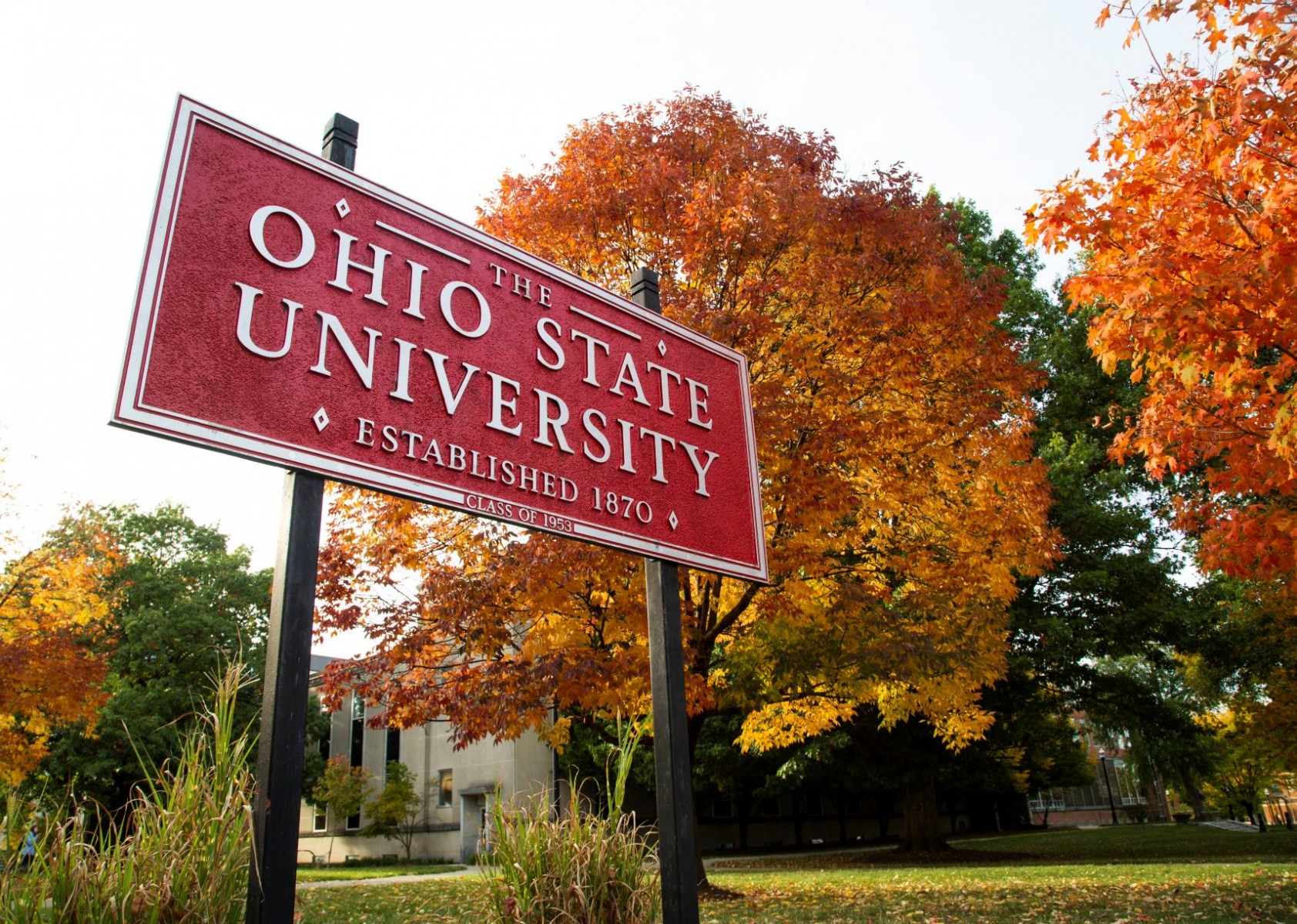Key Results
- 99% return rate
- 1-day return window rate
- 4.3 rentals per student each week
- Less than 0.06% container loss rate
- 23 average uses per asset
"The Topanga team was so helpful during the sales and launch process. We started looking at the benefits of Topanga versus other programs, and the dashboard was a clear differentiator. Knowing how many times our containers have been reused, where the inventory is, and the real-time insights was incredibly valuable. It was an easy experience and the team calmed our nerves at every step."
– Ken Field, Director of Residential Dining at Indiana University Bloomington
Introduction
With a student body of 51k+, Indiana University Bloomington (IU) has repeatedly shown their commitment to the environment through their efforts via Sustain IU: their on-campus organization tasked with reducing IU’s carbon footprint through collaborating with students, faculty, and staff to ensure their campus makes a positive contribution to their local and global communities as well as the environment. Sustain IU identifies and promotes sustainable solutions that reduce environmental impacts while supporting an equitable and prosperous campus, today and tomorrow.
Problem
It was clear to IU that campus waste needed to be a major focus area of Sustain IU. As IU began implementing strategies from their Sustainable Materials Management Plan to reduce their campus waste footprint, launching a reusable to-go program to eliminate single-use packaging and reduce unnecessary waste in dining operations was an ideal opportunity to make a big impact.
This was IU’s first attempt at establishing a reusables program on campus, so they knew they needed a program that would be easily adopted by the student body, measurably reduce single-use packaging costs, and create real environmental impact that could be reported on and shared across campus.
"As to-go increased, we quickly saw the mounting costs of paper products, with over 10k carry outs a day in all-you-care-to-eat. The challenge was how do we gather student feedback and get their buy-in for a reusables program and where do we do the washing?"
– Ken Field, Director of Residential Dining at Indiana University Bloomington
Solution
IU discovered Topanga’s ReusePass reusables program through the announcement of Topanga’s partnership with Grubhub. After a few conversations with the sales team and market research on other programs, IU found that ReusePass was able to exceed their main goals of having a reusables program that 1) reduced campus dining waste and 2) reduced costs of disposables.
Program Design and Setup
When kicking off their ReusePass program, IU knew they wanted to launch small so they could steadily raise awareness of the program and work out any operational issues before figuring out how to expand to additional areas, including retail. Topanga’s turn-key launch signage was a great aid in building program education and awareness to ensure easeful program adoption amongst their student body.
To prepare for launch, IU leveraged Topanaga’s extensive ReusePass Academy for its thorough training and launch preparation resources.
In terms of operations, they chose to use the Topanga ScanApp in the back-of-house for scanning in used containers.
When it came to the sign up process, IU decided that students would sign up via phone and email. They have tentative plans to transition to SSO for next semester depending on timing and competing priorities.
Program Launch
After just 1 month of program set up, IU was able to launch their ReusePass reusables program in the Fall of 2023. Because they decided on a soft rollout, IU started ReusePass as an optional program in 1 residential dining hall. The service design flow is pay-to-enter where a student orders in person and gets their reusable to-go container scanned at the cashier station. Used containers would be returned and collected directly from the dish belt.
They launched with 1 reusable asset type: a 3-compartment plastic clamshell container from Cooks Direct.
After a successful Fall semester, Topanga’s customer support team partnered with IU dining interns to increase student awareness and kick off program engagement in the new year.
Results
Since launching, IU has had a very consistent program, maintaining a 99% return rate, an average 1-day return window rate, and a less than 0.06% container loss rate. With over 800 student users, it’s impressive to see that IU has roughly 4.3 rentals per student each week.
IU is proud to say that they have now saved over 37k containers from landfills, diverted 4k lbs waste, saved 24k gallons of water, and avoided 25k pounds of greenhouse gas emissions.
Program Expansion
As a Grubhub campus, IU has major retail expansion opportunities thanks to Topanga’s ReusePass program being integrated with Grubhub mobile ordering. They are also looking into tap-to-enter residential expansion for an even more automated check-out experience.
IU did not have a flight machine in their cleaning operations, so their container check-in process involved them washing 5 containers at a time in a sink and then scanning the post-wash containers on the drying rack. Because this process was labor intensive, IU decided to install Topanga’s RFID read zones in Spring 2024 to reduce overall labor via passive container check-ins. Additionally, IU is thinking through centralizing their dishwashing to support expansion opportunities.
Interested in how Topanga could improve your dining program? Let’s chat.
We’ll walk you through how Topanga can support your goals and tailor a solution to fit your operation.



.avif)
.avif)



















.png)
.png)
.avif)